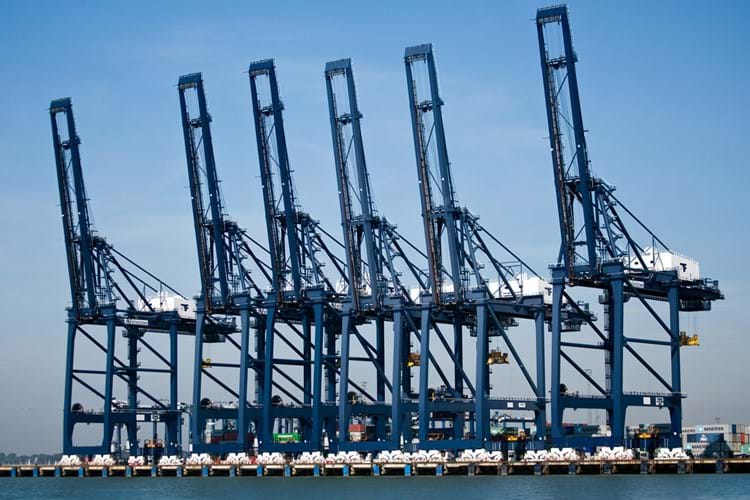
In the event of a no-deal Brexit on October 31 the Department for Environment, Food and Rural Affairs (Defra) has published an alert on the changes to the transit of CITES-listed items.
Earlier this year Defra had warned that CITES-listed natural history specimens would no longer be able to pass through Dover or the Eurotunnel in the event of a no-deal Brexit.
However, the government has now included these ports, as well as Belfast Seaport and Holyhead, to a new longer list.
International environment minister Zac Goldsmith said: “While the government is seeking a deal, we have stepped up our preparations and will be ready to leave the EU on October 31, whatever the circumstances. Part of this is designating further ports, including Eurotunnel and Dover, so that people and businesses can still trade and move CITES specimens with minimal disruption.”
If the UK leaves the EU without a deal, CITES-listed animal and plant items such as antique ivory or rosewood would require permits to travel between the UK and the EU.
Ports of entry
To make sure there is enough capacity within the system, the government has increased the number of CITES points of entry and exit for goods. Currently there are just 10 ports and airports for CITES trade with countries outside the EU.
The full list of designated ports that will be available in a no-deal scenario is available here.
CITES (the Convention on International Trade in Endangered Species of Wild Fauna and Flora) is an international agreement between governments aiming to protect threatened wildlife and plants by controlling international trade.
The full government advice on CITES can be found here.





